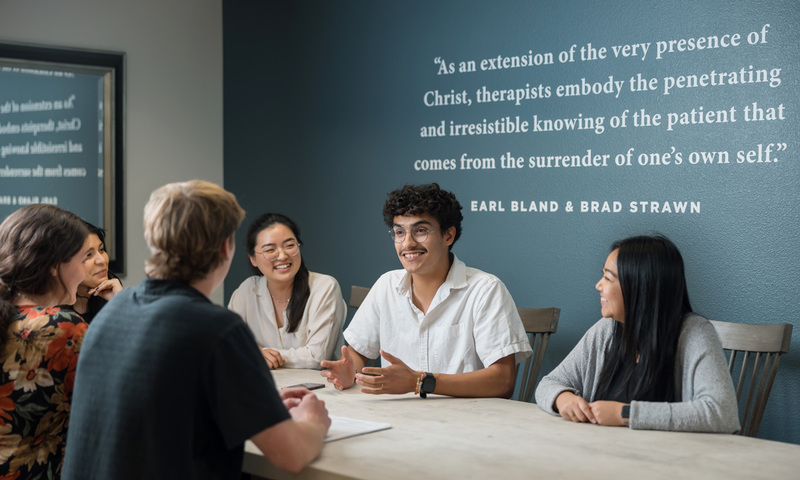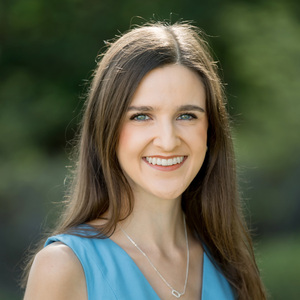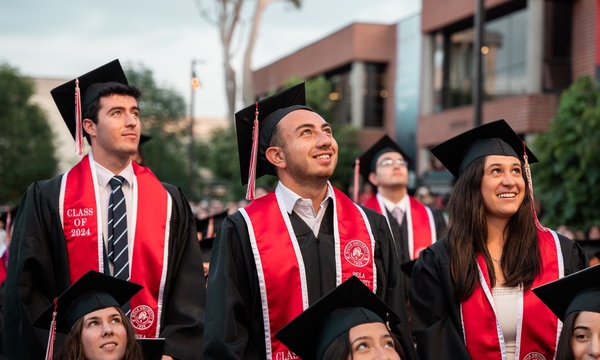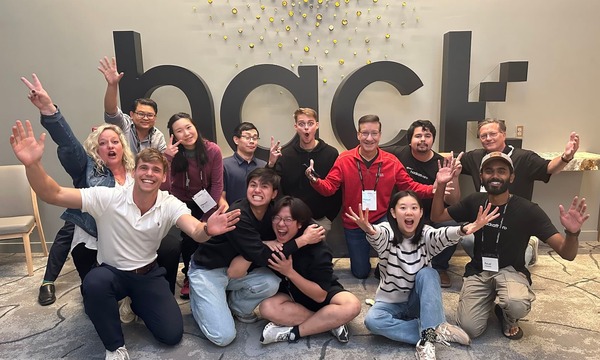In California, mental health services have decreased by more than four percent. There is a need in the Greater Los Angeles Area for an increase in behavioral and mental health service providers, especially those prepared to reach medically underserved areas that contain significant Latino populations. The Rosemead School of Psychology at Biola University is directly responding to this timely need through the launch of the Culturally Competent Connections (CCC) program.
This initiative, which is being funded by a $2.4 million grant over the course of four years, was awarded by the (HRSA) to strengthen the behavioral health workforce by supporting doctoral students in clinical psychology. Its aim is to expand access to integrated, culturally responsive mental health care in high-need areas of Greater Los Angeles.
The program will be led by Dr. Andrew Shelton, associate professor of psychology in the Rosemead School of Psychology.
“We are grateful to be selected as a recipient of HRSA funding to advance behavioral health training. This initiative comes at a critically important time as we work to expand access to integrated, culturally responsive mental health care in communities across Greater Los Angeles,” said Shelton. “I am particularly excited for the opportunity to support our wonderful students, develop training opportunities in Latino Mental Health and expand Biola’s connections with Latino mental health professionals, local churches and community organizations.”
Starting in the fall, the grant will provide generous stipends of $32,500 to up to 10 advanced Rosemead doctoral students each year, who will be called CCC Fellows, as they complete practicum placements in integrated behavioral health settings. It will also fund the active recruitment of students from underserved areas, including outreach into neighborhoods and church communities that are not traditionally connected to Biola. In addition to its educational and community health impact, the CCC program also aims to serve as a foundation for new church-based counseling partnerships, helping Biola live more fully into its commitment to show kindness to our neighbors, foster unity amidst diversity and impact the world for Christ.
“The CCC program not only offsets the financial barriers for our students, but it also deepens our commitment to developing the next generation of psychologists who are equipped to serve — and come from — our local neighborhoods,” said Shelton. “From its earliest years, Biola has been rooted in caring for the community, and this award allows us to live that mission in new and impactful ways.”
The goal of the CCC program is to increase a culturally capable clinical psychology workforce equipped to provide technology-infused, culturally and linguistically competent and integrated team-based services in high-need/high-demand areas of Greater Los Angeles.
Research indicates that when a client is able to work with someone of a similar background, that relationship is associated with increased preference and satisfaction with mental health care. This suggests that a more wide-ranging workforce of psychologists could reduce access disparities and result in better patient outcomes.
The students in the program will receive additional training in culturally responsive care through attending annual “lunch and learn” events aimed at networking among Hispanic-serving integrated behavioral health care sites and students, faculty and others in the Greater LA Area. Students will also train in labs for psychology in medical settings courses, collaborate with Biola’s master’s in occupational therapy program for hands-on experience and receive targeted mentorship while studying in the program.
The CCC Fellows will receive experiential training which will prepare them for finding and retaining employment in high-needs areas. Completion of the CCC program, which includes advanced Mental Health training in the Latino community, will make Rosemead »ĆąĎĘÓƵs who participate in the CCC program more competitive candidates on the job market. This is due to the depth and breadth of their preparation to provide integrated behavioral healthcare in high-need and high-demand areas.
“This is incredibly good news for our students, with many receiving generous stipends in the next four years,” said Dr. Doug Daugherty, dean of the Rosemead School of Psychology. “This is also good news for our many LA neighbors with mental health needs. We thank God for this grant award!”
The Rosemead School of Psychology is one of Biola’s longest-established schools, founded in 1977. A top psychology school for Christians who want to integrate their faith with their field, students learn from respected professors who are committed to the integration of psychology and theology — bringing together the scientific, research-driven study of human behavior with biblical perspectives on human flourishing. Learn more and apply today.
Written by Sarah Dougher, media relations specialist. For more information, email media.relations@biola.edu.
 Biola University
Biola University




.jpg)